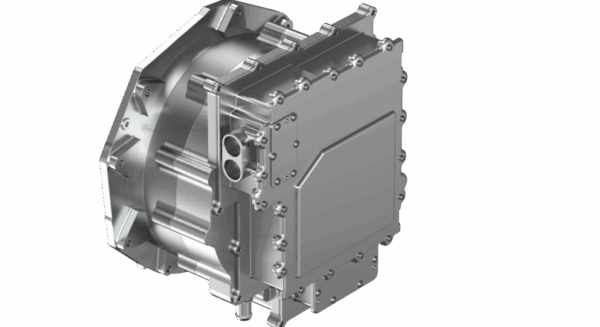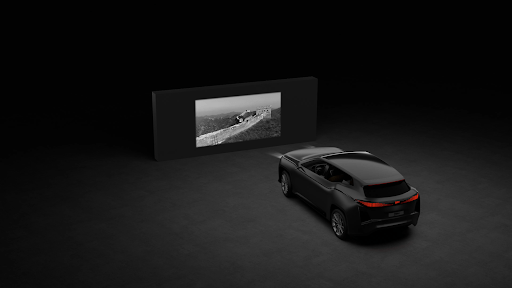In order to secure its communication Valeo certifies its content on Wiztrust.
You can check the authenticity on www.wiztrust.com.
Valeo and Seeing Machines announce strategic collaboration to offer Advanced Driver and Occupant Monitoring Solutions.
Seeing Machines acquires Berlin-based Asaphus.
Valeo, a global leader in the automotive industry, and Seeing Machines, the advanced computer vision technology company that designs AI-powered operator monitoring systems to improve transport safety, today announced a strategic collaboration aimed at strengthening their position in the driver and occupant monitoring systems (OMS) market.
As part of this agreement, Valeo is transferring its driver monitoring perception software activity to Seeing Machines. This activity, stemming from the associated acquisition of Valeo-owned, German start-up Asaphus, will now be managed by Seeing Machines. This move will support a world leading position in perception software for interior monitoring.
This collaboration also enables Valeo to leverage Seeing Machines’ expertise in interior monitoring perception software, integrating it into the hardware and software architecture of its driver and occupant monitoring systems.
This will give Valeo the ability to offer a best-in-class full-system for interior sensing, which is currently experiencing significant momentum, with upcoming regulations making this equipment mandatory. This strategic collaboration positions Valeo and Seeing Machines to effectively meet this growing and regulatory-driven demand.
This strategic collaboration positions Valeo and Seeing Machines to effectively meet this growing and regulatory-driven demand.
For Seeing Machines, this agreement represents an opportunity to strengthen its presence in Europe by leveraging Valeo’s existing infrastructure. Having a Berlin based team will allow Seeing Machines to better address the European market with cutting-edge monitoring solutions, and more easily meet the needs of an expanded customer base in the region.
Further, Asaphus’ capability will enhance the Seeing Machines team with unique IP and data and a small, highly specialised development group who have leading Machine Learning and Artificial Intelligence capability for driving and sensing features. Seeing Machines will leverage these complementary skills to accelerate their feature roadmap and maintain their leadership position in driver and occupant monitoring system technology.
Together, Valeo and Seeing Machines are committed to offering the market innovative and integrated interior sensing solutions to the automotive industry that will enhance vehicle safety and occupant comfort.
Marc Vrecko, CEO of Valeo Brain Division, stated: “We are delighted with this collaboration with Seeing Machines. It is another demonstration of Valeo’s ability to build the ground for successful cooperation with core technology companies. These last 5 years, with Asaphus, we have been able to grow the company, develop their AI perception technologies and build a solid position in interior monitoring systems. Combining our teams with Seeing Machines, we will benefit from the best in class perception software to integrate into our hardware and software architecture for driver and occupant monitoring systems. Together, we will be able to provide more competitive solutions and strengthen our market position.”
Paul Mc Glone, CEO of Seeing Machines, added: “With our shared culture of innovation, this collaboration will enable our team to continue to lead the interior sensing market as we complement our highly specialised skills and work with Valeo, a world leading automotive technology company, to deliver driver and occupant monitoring solutions to more automotive customers, globally. As regulations making driver monitoring systems mandatory across the EU come into effect this month, the market for enhanced safety and convenience solutions is expanding daily. Thanks to our proven, class-leading technology, we are very well placed to solidify our industry leadership position, supporting our customers in getting their programs successfully to production.”
Download the Press release
Similar News

Valeo Group | Apr 23, 2025 | 4 min
Valeo partners with PanGood to co-develop a high-efficiency integrated Axial Flux Generator System



